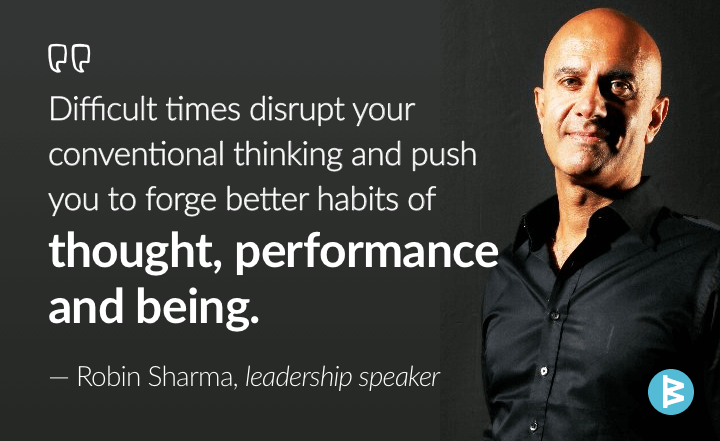For God has not given us a spirit of fear, but of power and of love and of a sound mind.
Seeing the need, various groups have put together websites and webinars with free advice for churches on how to switch to livestreaming.
For example, the Bible Society of Singapore partnered with ThunderQuote, a procurement-related startup founded by Christians, to launch Streams of Life, a resource center listing various livestreaming options ranked by difficulty level.
“It is a wonderful time for the ecclesia to exercise practical wisdom and explore creative methods of ministry,” the Streams of Life team states on its website.
In a similar vein, Singapore Bible College conducted an “Introduction to Instant Message Broadcast and Live Video Streaming” workshop, while digital-exploration ministry Indigitous partnered with church IT specialists to host a “So You Want to Livestream Your Church Service” webinar via the Zoom video conferencing platform.
Article continues belowChurch worship and AV teams are also navigating the music licensing challenge that livestreaming presents. Many local worship groups have explicitly granted permission for churches to play their songs on livestreams without fear of copyright or licensing issues.
Awaken Generation, founded by Calvin and Alarice Hong, was “keenly aware” of how small churches could find it difficult to afford livestreaming licenses for worship services. “Given the backdrop of things, we simply felt that it was really not the time to enforce our strict rights in collecting livestreaming communication fees,” the worship group told CT. “So it was our honor to offer these songs for use.
“They were written by and for the people of our nation, and it was our privilege to see them used as an offering as the nation rallied together to intercede and break down barriers of fear.”
Bible Study Fellowship’s 7,500 members in Singapore have kept up their weekly lectures and discussions via Zoom.
Faith Community Baptist Church (FCBC) chose to suspend weekly gatherings from mid-February as an act of social responsibility. “This decision was a very difficult one to make,” said senior pastor Daniel Khong. “We were constantly checking ourselves to make sure that we were not responding out of fear, and weighing out all the various considerations. But our main church building sits in the heart of a neighborhood with a population of about 46,000 people. With how dense this area is, this could potentially become a major cluster for the virus to spread.”
An unexpected result: The move to livestreaming seems to have strengthened the church community, Khong told CT.
“Many of our cell groups come together in homes to watch our service livestream. We deliberately end our livestreamed services early so that our cell groups can go out and pray over their neighborhood. Many have said they now feel a sense of responsibility for the spiritual well-being of their community, and some were even able to share the gospel with people they met.”
FCBC members are now on a journey of rethinking their understanding of church, said Khong. “The church today must be a people of purpose that are willing to go beyond the constraints of ‘place’ or ‘program.’”




 RSS Feed
RSS Feed